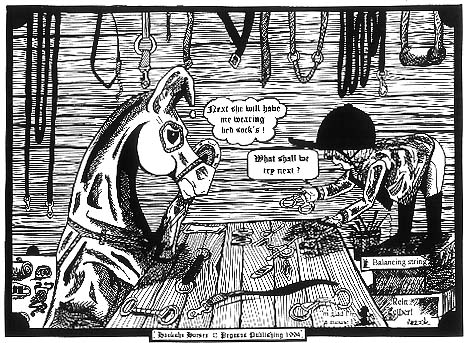Relationship Issues?
 A poor match between horse and rider results in all kinds of problems, such as falls, accidents on the ground and run-offs. These are often the most visible symptoms in the short term, but not necessarily the most serious in the long term. For example:
A poor match between horse and rider results in all kinds of problems, such as falls, accidents on the ground and run-offs. These are often the most visible symptoms in the short term, but not necessarily the most serious in the long term. For example:
- A horse that becomes stressed, agitated, or on the contrary, apathetic, while it was the complete opposite before being bought.
- A horse that becomes increasingly difficult to manage, whose rider «must» start using increasingly sophisticated reins, bits or control devices, to finally conclude that the horse is crazy and must be sold (or worse).
- A horse that develops stable vices and behavior problems that it never exhibited prior.
To find the right horse, you would have to take the time to visit dozens of horses and to try them out (you could even arrange for a trial period of at least 15 days). If you already ride the horse you want to purchase, it does not mean that you know it well or that you would be able to become its sole rider. If it is ridden by other people, it may be exercised more often than you would be able to, and it might become increasingly nervous if it is taken out less frequently. Or simply, the change of environment and the new barn might disturb it. You must sometimes acknowledge the fact that the other riders might have been retraining the horse, correcting your mistakes without your awareness.
There is no one solution to problems that appear between a horse and its human. If you love your horse, that is the foundation. You must be motivated and patient to successfully build a partnership with your horse. In addition, it is possible to devise a program to help you be HAPPY and SAFE with your horse, without subjecting it to hard treatment and severe mechanical control devices.
To build or rebuild a relationship based on respect and understanding with your equine, you must first find a way to restore confidence in the partnership. If your experience as a rider does not allow you to solve these issues yourself, a good solution might be to get help from a professional that will help you work on your communication at all levels – on the ground and in the saddle.
Here are a few stories based on real cases of difficulties lived by owners and their horses. These examples are used to show that there are in reality very few bad horses, only too many unsuccessful matches between human and horse!
Names and locations have been changed to protect the identity of the people and horses. These case studies are by no way unique and may resemble a number of situations lived by riders that you know personally!
